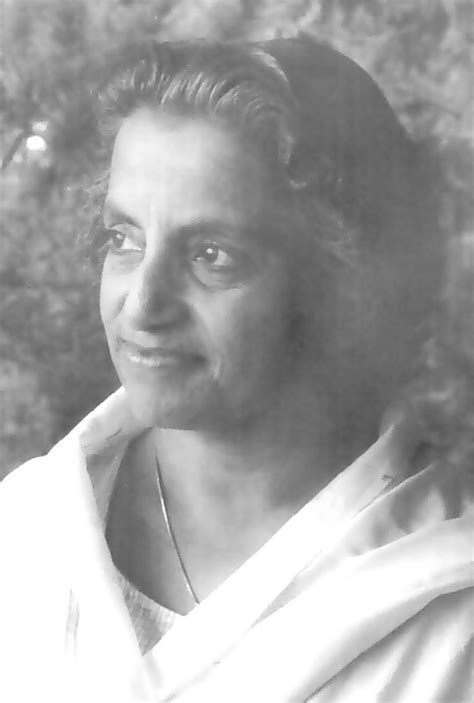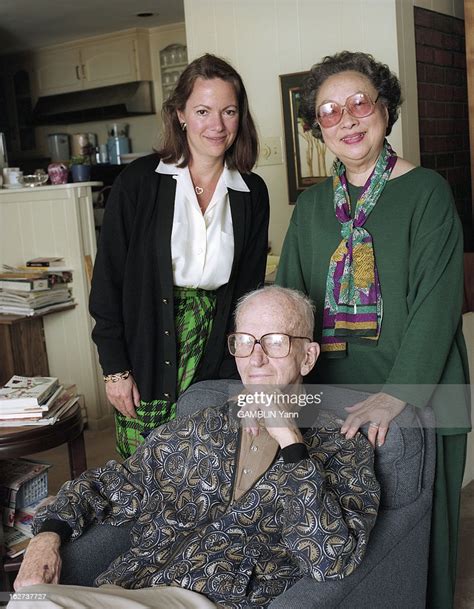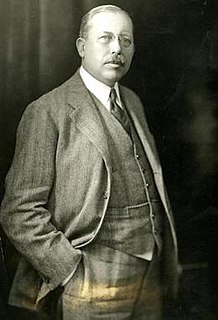A Quote by George Eliot
As to memory, it is known that this frail faculty naturally lets drop the facts which are less flattering to our self-love - when it does not retain them carefully as subjects not to be approached, marshy spots with a warning flag over them.
Related Quotes
We love the old saints, missionaries, martyrs, and reformers. Our Luthers, Bunyans, Wesleys and Asburys, etc... We will write their biographies, reverence their memories, frame their epitaphs, and build their monuments. We will do anything except imitate them. We cherish the last drop of their blood, but watch carefully over the first drop of our own.
All our lives we are engaged in preserving our experiences and keeping them fresh by artificially sprinkling the water of memory over them. They have ceased to retain their original smell and fragrance. Do you call it life- this effort at the preservation of a phantom freshness in something that is withered and gone?
All good intellects have repeated, since Bacon's time, that there can be no real knowledge but that which is based on observed facts. This is incontestable, in our present advanced stage; but, if we look back to the primitive stage of human knowledge, we shall see that it must have been otherwise then. If it is true that every theory must be based upon observed facts; it is equally true that facts can not be observed without the guidance of some theory. Without such guidance, our facts would be desultory and fruitless; we could not retain them: for the most part we could not even perceive them.
Carefully observe the natural laws in operation in the world around you, and live by them. From following them, you will learn the morality of modesty, moderation, compassion, and consideration (not just one society's rules and regulations), the wisdom of seeing things as they are (not of merely collecting "facts" about them), and the happiness of being in harmony with the Way (which has nothing to do with self-righteous "spiritual" obsessions and fanaticism). And you will live lightly, spontaneously, and effortlessly.
Let us become thoroughly sensible of the weakness, blindness, and narrow limits of human reason: Let us duly consider its uncertainty and endless contrarieties, even in subjects of common life and practice.... When these topics are displayed in their full light, as they are by some philosophers and almost all divines; who can retain such confidence in this frail faculty of reason as to pay any regard to its determinations in points so sublime, so abstruse, so remote from common life and experience?







































